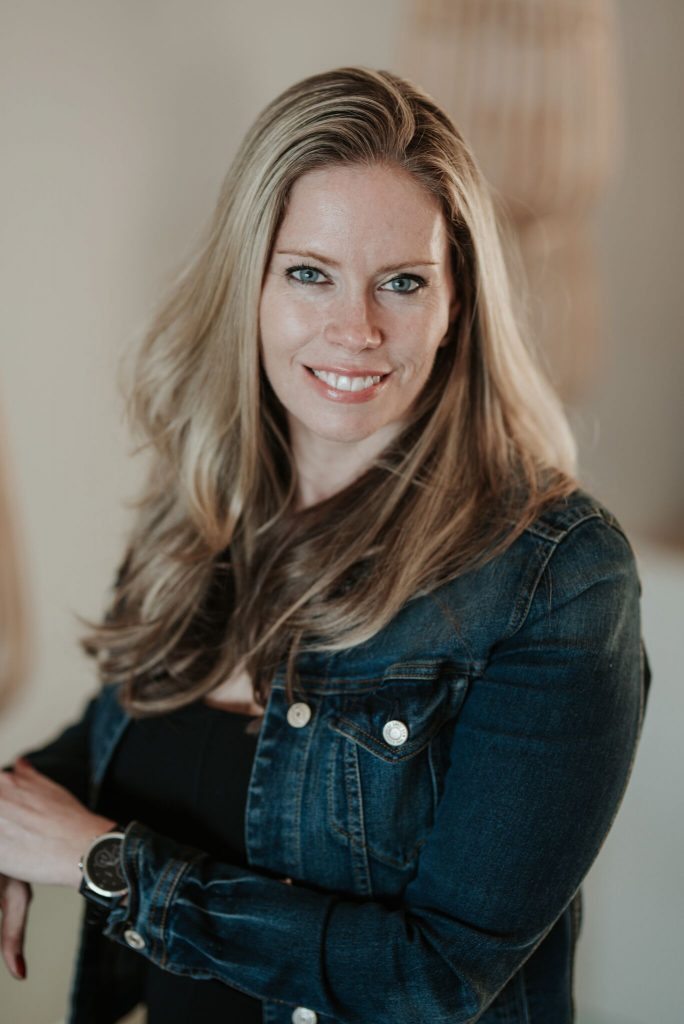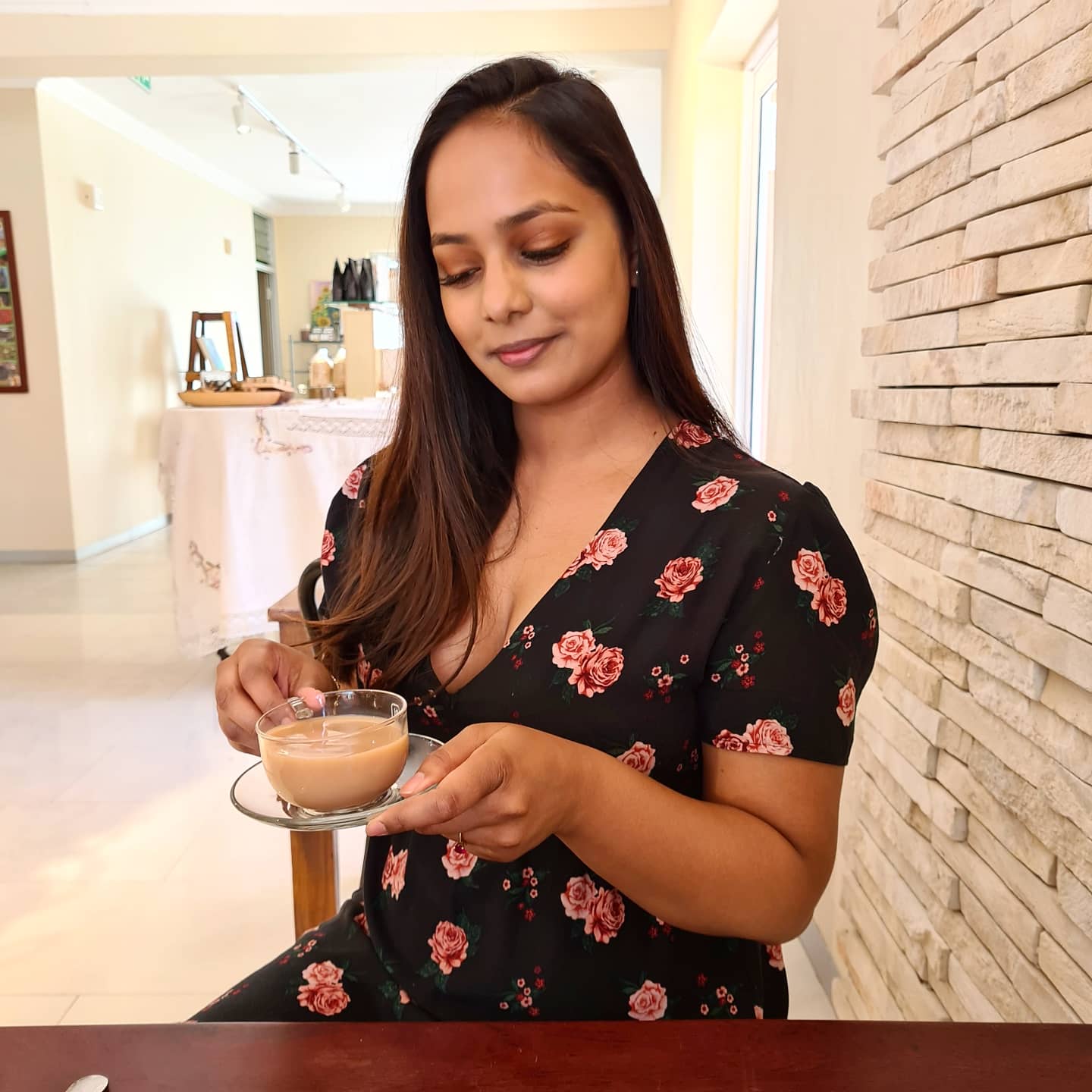Author and speaker, Nicky Rowbotham is a woman on a mission. Her aim? To help people create an amazing flow of energy that allows them to live their best lives. And I am happy to report that she is fulfilling this mission and a whole lot more!
Her book, 7 Steps to Finding Flow is not just another self-help book. Instead, it helps to “flip the script on stress” while imparting must-have knowledge that everyone can benefit from. How do I know this? Because it helped me to step back and take note of the things that were causing me stress in my life. Nicky’s understanding of how a holistic approach to living can allow every person to become who they want to be and live the life they dream of is supported by a variety of proven tools and strategies that she developed over the course of many years.
After struggling with burn-out, stress and health issues stemming from her professional job, Nicky knew that the lifestyle she was leading was no longer working for her. She then made it her mission to change her life and slowly began to understand how a holistic approach to living can allow every person to become who they want to be and live the life they dream. I recently had an interview with Nicky and asked her all of the nitty-gritty questions that inspired this book. Be sure to grab a cup of tea and settle in, Nicky is a treasure trove of information and someone that we can all learn from.
View this post on Instagram
I believe we all have stories that need to be told, is that how you felt with this book?
It started off with me doing the research for myself while I was on my six-month journey to healing – a journey that normally takes people in a similar condition two to three years. I had no plan for a book and I was on a run one morning and the whole outline of the book just formalized in my mind. I resisted it at first but signs and niggles of support for that journey just kept coming to me and eventually I just did it. I finally started it and it was almost like the resources stepped up to the plate to get it done. The writing of the book came so quickly because it was based on my research and the people that I worked with and it was almost like I didn’t have a choice but to write this book. For me, it was less about “someone else is going to do this”. It was more of a service piece that I just knew I needed to do to help people who were going through the same thing and I didn’t know how important the timing was going to be. This book was definitely my Big Magic moment!
At the end of the chapters in your book, you have all these journal prompts and I wondered, what was the process to writing them and thinking about them? Did you answer all of them yourself?
I realized that I had to own the story I was telling myself about my stress and that awareness was so critical. I used to pull out a blank notepad and just write. The journal prompts are all the things that I answered myself and I believed that one of the most pivotal things you can do is to sit down and answer those questions yourself. When you answer these questions, you can’t hide from them.
How hard was it for you to answer those things for yourself?
There were tears. I looked at what I had done to myself and realised that my body was so separate from myself for so long but I came to see that it is all one universal team. It’s my emotions, my intellect and my body. I believe that the body is our greatest wisdom – it sends us nudges when someone is off but we keep ignoring and keep thinking that it is something we can control and force – and I’ve made that mistake too. However, there is a way to get past it – start with one small change, like gratitude. It can be as simple as feeling grateful for the cup of coffee you had this morning or the birds chirping outside. It’s amazing how all these things create a layer of support that helps us to shift our energy. I am such a believer in saying that hope is not an action plan, its not enough. I noticed that as soon as I said yes to health, to doing something that would serve me better, to wellness and feeling good, then everything else came into play. All it takes is that initial commitment where you put yourself first. You need to just start to create those little layers to help your body heal.
We are now in Febraury and January has already flown by so fast, I still feel like I’m playing catch up with myself and I know that so many people feel that way. Do you have any advice on how to still help oneself feel as if the year is starting off right?
You’ll see in my entire journal range that nothing is dated. Firstly, I throw resolutions out the window and call them intentions. There is no good time to start but all you need to do is to just start small. Start for what feels accessible and set the intention for yourself.
It is so important to stop thinking about what you want it to look like and think about what you want it to feel like. Just tap into that feeling – that’s the goal. Everything else becomes easy because if we say we want more joy, fun, ease or love, then those are the things that we can find in the smallest moments of our day and we can keep creating moments that feel like that. If we focus on something outside of ourselves then we’re always going to be chasing our tails.
Do you have tips for someone feeling frazzled on the weekend and how they can use that time to relax and unwind?
There is always a to-do list and that will never go away. But, if we spend our state in “always-on” then we will never create those moments in our day and weekend where we can actually relax. For me, the biggest thing is to take that few moments for yourself. The full stop at the end of your day is when you put your laptop away and be present with whoever you’re with. I love a good nap, sometimes with a book, or sometimes just getting outside on the grass. I always schedule that time because if you don’t make it happen then something else (more stressful) will take that place.
One of the things that help me create that time is when my body knows that this rest time is coming and if you follow that schedule then your body will start to trust you again. It’s like a relationship – if you never do what you say you’re going to do then it doesn’t work out. And that’s why I refer to my body, emotions and intellect as part of my team because I want to keep them all feeling supported and for me, that relationship with your body and creating time for rest is so important because you start to trust yourself at a cellular level. It’s not always possible to take the time and space as big as you want it to be but it’s important to make that time Whatever it is that you’re trying to do, even if it’s for half an hour on the weekend, it creates a space where your unconscious can come into your conscious because when we’re running like a hamster on a wheel, we don’t allow the unconscious to process into the conscious and that’s where half the time our great wisdom is sitting. You need to allow space for that magic to come through and it doesn’t need to be big. Whatever it is, create that time for the nervous system to decompress and come back into that state of flow. If we’re red-lining the whole time then we’re going to drop.
How do you feel your diet affects your life?
I can fundamentally feel it when I am not eating well. You need to eat properly for the best energy, not because you want to be the skinniest, but because you want to be healthy. I always ask myself if what I am eating is going to serve my energy. However, I do also believe that I am here to enjoy life and if I really have a craving (salt and vinegar chips are my weakness), then I am going to have it and I am not going to regret it for a second. But I do know that my next decision will be a good decision. I love eating fresh things and experimenting in the kitchen. I’m not asking my body questions anymore and I just trust it.
I know that you have a list of books that you read on this journey but what are your favourites that changed your perspective on health?
It depends on what you’re focussing on. They’re all good but some of them are quite science-heavy.
The Rushing Woman Syndrome – Dr Libby Weaver – It resonated a lot with me on stress.
Why We Sleep – Professor Matthew Walker: It’s quite long but he makes it so accessible and easy to understand sleep and why our bodies need it.
Her book, along with her Inspired Change journals are a must-have tool for anyone, whether you’re in corporate, creative or a stay at home mom or dad, Nicky’s books share life-changing information and force one to dig a little deeper on your journey to a stress-free lifestyle.
For more information on Nicky and her work, be sure to visit her website at www.nickyrowbotham.com where you can find:
~ Inspired | Change – a stationery collection of analogue tools for a digital age, ideal for goal-focused individuals who are ready to create positive change. This includes the Inspired Change Journal, Gratitude Attitude Journal, as well as notepads and online gift cards.
~ Complementary YouTube resources that speak to all the themes touched on in her journals and book.
Win with Food&Home and Nicky
Stand a chance to win 1 of 3 bundle sets: 1 x 7 Steps to Finding Flow: flip the script on stress and 1 journal!
Question: What’s your biggest stress is right now?
Disclaimer: Ts&Cs apply | Competition ends 11 March 2022


